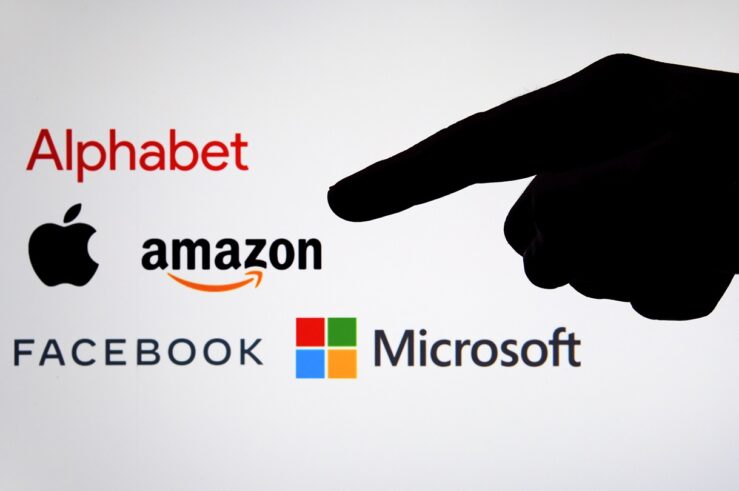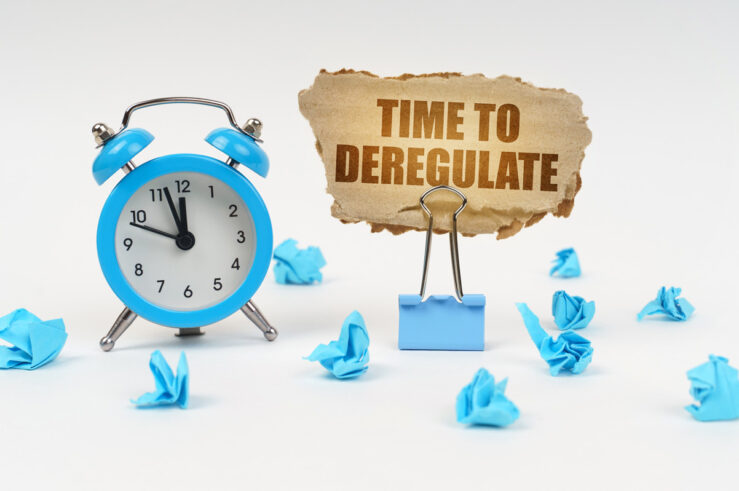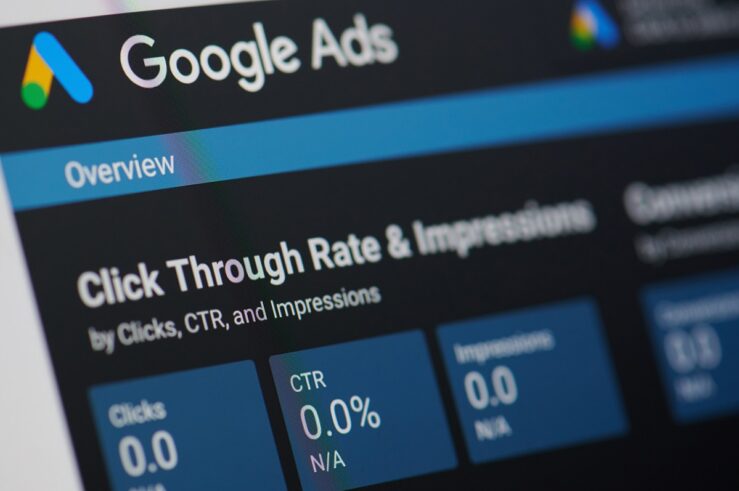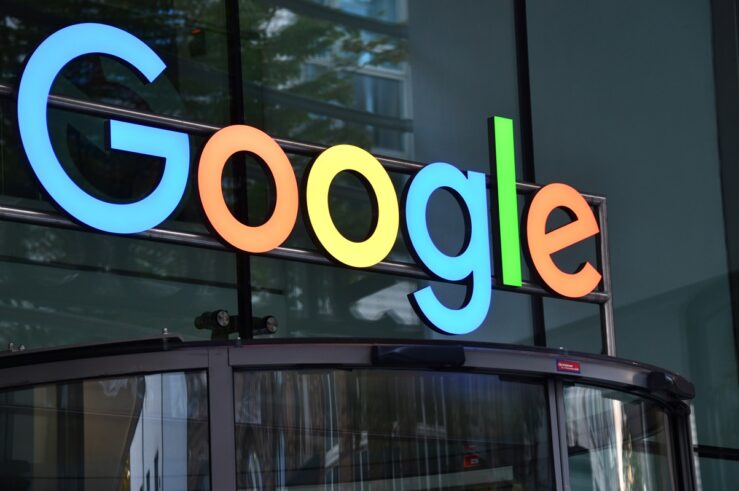Showing archive for: “Antitrust”
Antitrust at the Agencies: PBM Madness at the FTC, Part 2
As I noted in my last post, the Federal Trade Commission (FTC) announced Sept. 20 that it had filed a complaint: against the three largest prescription drug benefit managers (PBMs)—Caremark Rx, Express Scripts (ESI), and OptumRx—and their affiliated group purchasing organizations (GPOs) for engaging in anticompetitive and unfair rebating practices that have artificially inflated the ... Antitrust at the Agencies: PBM Madness at the FTC, Part 2
FTC Sues ‘Big 3’ Pharmaceutical Benefit Managers
My last post highlighted a July 2024 Federal Trade Commission (FTC) interim staff report that was critical of pharmaceutical benefit managers (PBMs)—so-called “middlemen” firms that specialize in negotiating with drugmakers for rebates on the list prices of drugs. I explained that the interim report’s analysis is at odds with economic research that delineates the substantial economic benefits ... FTC Sues ‘Big 3’ Pharmaceutical Benefit Managers
Antitrust at the Agencies: PBM Madness at the FTC, Part 1
“Curiouser and curiouser!” Cried Alice (she was so much surprised, that for the moment she quite forgot how to speak good English). — Lewis Carroll, Alice’s Adventures in Wonderland Let’s start more modestly, if less cleverly, with “curious.” The Federal Trade Commission (FTC) announced Sept. 20 that it had filed a complaint: against the three ... Antitrust at the Agencies: PBM Madness at the FTC, Part 1
The FTC Takes On Pharmaceutical Benefit Managers
The Federal Trade Commission (FTC) announced Sept. 20 that it was suing the three largest pharmaceutical benefit managers (PBMs)—Caremark Rx, Express Scripts (ESI), and Optum—alleging competition and consumer-protection law violations. This commentary provides information on controversies surrounding the economic effects of PBMs that led up to the suit. A follow-up commentary will assess the lawsuit ... The FTC Takes On Pharmaceutical Benefit Managers
Don Rosenberg: Navigating Antitrust in Tech – Insights from a Legal Veteran
You’ve been involved in antitrust issues at major tech companies for decades. How has the approach to antitrust changed over time, both from the company perspective and the regulatory side? The evolution has been significant. When I started at IBM in the 1970s, we were in the midst of a 13-year U.S. Justice Department (DOJ) ... Don Rosenberg: Navigating Antitrust in Tech – Insights from a Legal Veteran
Prudence and Precedent Counsel Modest Remedies in Google Search Case
Later this fall, the U.S. District Court for the District of Columbia will hold hearings to determine the proper remedy in the Google search case. Among other options, the court could restrict Google’s ability to sign exclusive distribution contracts, force it to share data with competitors, or even break Google apart into two or more ... Prudence and Precedent Counsel Modest Remedies in Google Search Case
Deregulatory Reform, Not Antitrust, Is Key to A Vibrant US Economy
The Biden administration has emphasized “antitrust on steroids” and intrusive regulation as key elements of its economic policy. This has been counterproductive. Federal enforcers should return to prior bipartisan, less-interventionist consumer-oriented antitrust. On a parallel track, the federal government should focus on deregulatory reform to drive a competitively vibrant, faster-growing American economy. Biden Antitrust Has ... Deregulatory Reform, Not Antitrust, Is Key to A Vibrant US Economy
Justice Department’s Google Adtech Antitrust Suit Does Not Add Up
The trial of the U.S. Justice Department’s (DOJ) “adtech” antitrust lawsuit against Google kicked off Sept. 9 in U.S. District Court in Alexandria, Virginia. In a nutshell, the DOJ (joined by 17 states) argues that Google illegally monopolized key digital-advertising technologies through a variety of anticompetitive tactics. But the DOJ will find it difficult to ... Justice Department’s Google Adtech Antitrust Suit Does Not Add Up
Antitrust at the Agencies: The Meat of the Matter Edition
The Federal Trade Commission (FTC) issued comments Sept. 11 in support of a proposed U.S. Department of Agriculture (USDA) rule that “seeks to clarify the scope of what constitutes unfair practices under the Packers and Stockyards Act (PSA), which assures fair competition and fair trade practices to protect farmers, ranchers, growers, and consumers.” In the ... Antitrust at the Agencies: The Meat of the Matter Edition
A Primer (and Some Questions) About the RealPage Antitrust Case
The U.S. Justice Department (DOJ) and several states filed suit late last month against the property-management software firm RealPage Inc. for its “unlawful scheme to decrease competition among landlords in apartment pricing and to monopolize the market for commercial revenue management software that landlords use to price apartments.” While this is not the first case ... A Primer (and Some Questions) About the RealPage Antitrust Case
Big Federal Antitrust Cases Heat Up
The U.S. Justice Department (DOJ) and the Federal Trade Commission (FTC) are advancing two major antitrust cases that will have significant implications for the American public. The DOJ, joined by eight states, announced Aug. 23 that it was suing RealPage Inc. for an “unlawful scheme to decrease competition among landlords in apartment pricing and to monopolize ... Big Federal Antitrust Cases Heat Up
Google Monopolization Ruling May Not Hold Up On Appeal
In an Aug. 5 order, the U.S. District Court for the District of Columbia held that Google engaged in illegal monopolization of internet “general search services” and “general text search advertising.” This decision, dubbed “an historic win for the American people” by U.S. Attorney General Merrick Garland, may face tough sledding on appeal. The very ... Google Monopolization Ruling May Not Hold Up On Appeal
















